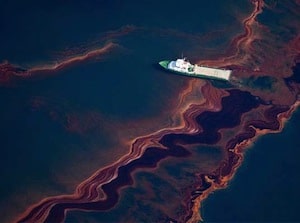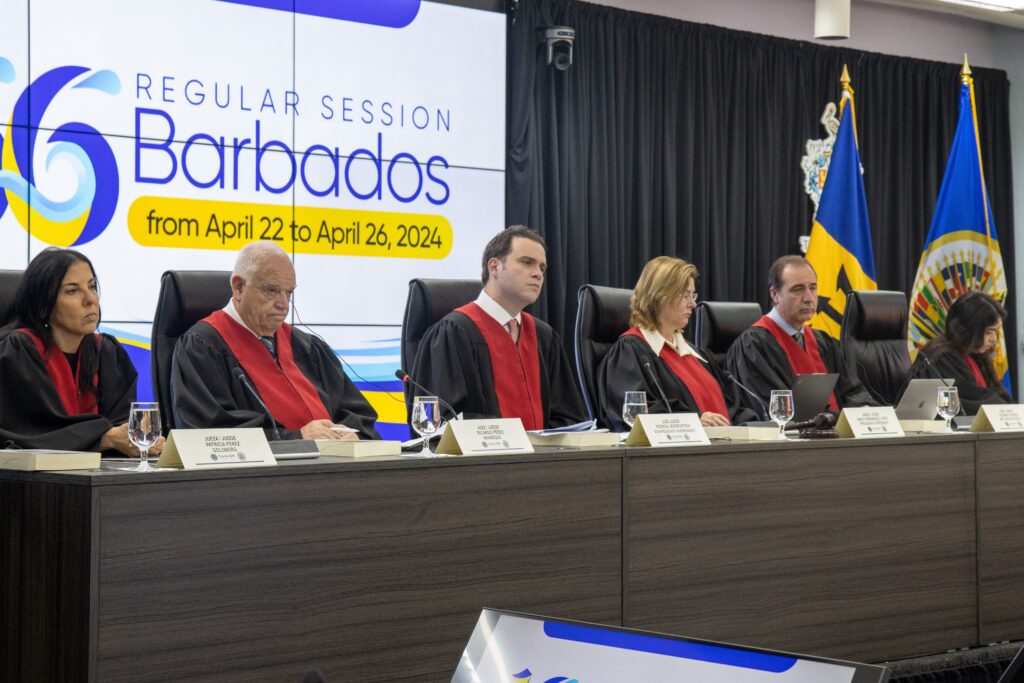A proposed settlement deal between the federal government and BP over their involvement in the 2010 Deepwater Horizon oil rig explosion and subsequent oil leak could shift the burden of cleanup costs away from the oil giant and onto U.S. taxpayers.
The current settlement option is just one of several being negotiated between the federal government and BP. But this settlement option would route fine and settlement money through the Natural Resource Damage Assessment (NRDA), rather than fining the company directly via the Clean Water Act.
Not only could this reduce the total amount of money that the company pays in fines, but it would shift the burden of cost onto U.S. taxpayers. While the company would still be paying out of pocket, the NRDA allows the company to write off their fines and deduct that from their yearly taxes. Paying through the Clean Water Act would not allow the costs to be tax deductible.
But the cost shift is just one of the problems with the proposed deal. The provision that has residents of the Gulf Coast up in arms is the fact that the NRDA would route the money through the U.S. Treasury, instead of directly sending it to local and state governments. This means that the Treasury, not the affected areas, would be in charge of determining how the money is spent.
While Louisiana and Florida would actually see the amount of money flowing into their areas increase, the states of Texas, Alabama, and Mississippi would suffer a severe reduction, if not total elimination, of their settlement money.
Accusations are already flying that President Obama has engineered this deal in order to secure more money for Florida, in the hopes that it will keep the valuable swing state blue in this year’s election. But the only thing Obama is guilty of in this story is appointing an industry-friendly Attorney General, Eric Holder, who made his fortune at the corporate defense law firm of Covington & Burling, who lists notable polluters such as Halliburton among their clients.
BP has already written off as much as $11.8 billion in their oil spill clean up costs – directly shifting that tax burden onto U.S. citizens. Any deal that allows them to continue to write off their fines and costs is an unfair punishment to all Americans, but particularly to those of us who were impacted by the BP oil disaster.
Subscribe to our newsletter
Stay up to date with DeSmog news and alerts






